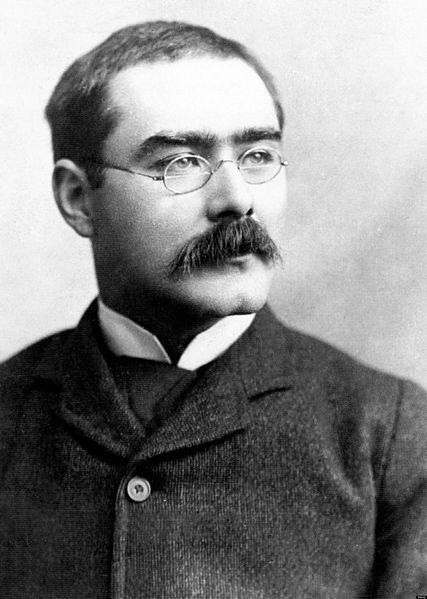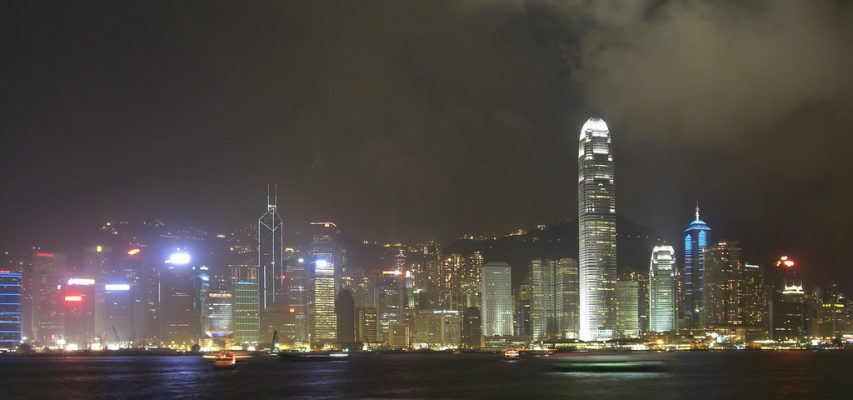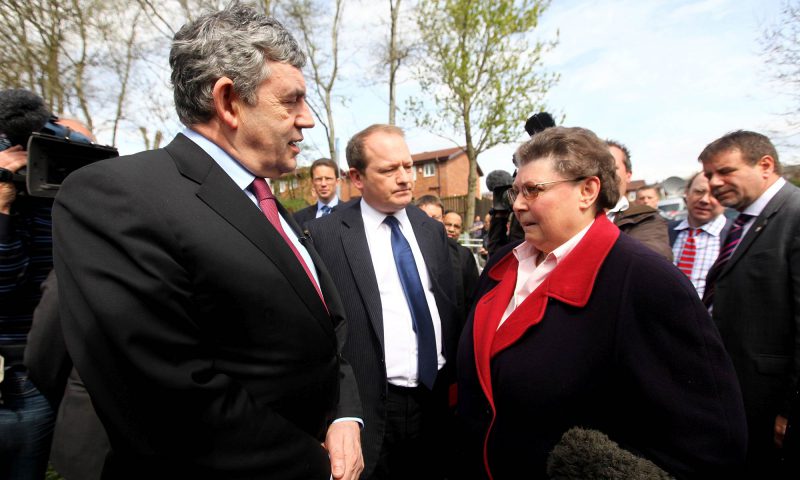So the 2010s have come to an end. And what a curious and enlivening decade it has been. Decades are rarely neat political categories. The Sixties, as a phenomenon, didn’t really start until 1963. The Eighties are misremembered as an era of free-market triumphalism, overlooking that PC, cultural relativism, post-colonial guilt and the end of the Cold War that had provided the West with a sliver of moral purpose all took place in that tumultuous decade, giving rise to years of Western self-doubt, even self-hatred, rather than the Thatcherite cockiness that historical illiterates see as the Eighties’ ongoing political ripple.
But the 2010s — this decade does feel neat. It feels like it has a story, an arc, in the British context at least. For this is the decade that begins with Gordon Brown insulting a northern working-class Labour voter as a “bigot” and ends with the northern working classes revolting against Labour in their hundreds of thousands. It begins with the Gillian Duffy crisis, when Brown unwittingly exposed his increasingly middle-class party’s contempt for the lower orders by being overheard referring to this 65-year-old lady from Rochdale as a “bigoted woman”, and it ends with the mass switching of traditional “red wall” Labour voters to Boris Johnson’s Conservative Party — and, by extension, to Labour’s worst drubbing at the polls since 1935.
From Gillian Duffy to the Brexit / Boris votes: if the 2010s tell a story, it is one of a peaceful, understated working-class revolt. Of ordinary people pushing back against elites that had come to view them as bigots. Of the long sneered-at and interfered-with and re-educated sections of the public rising up against their so-called betters and restating the case for national sovereignty and community values. Of the people reprimanding the powers-that-be and forcing them, via the ballot box, to respect the people’s will and the people themselves.
This has been a thoroughly democratic decade. The People’s Decade, in fact, in which democracy has done what democracy is meant to do: marshalled the wisdom of the crowd to correct the jaundiced, elitist, anti-democratic drift of the governing classes.
The People’s Decade really begins in April 2010. It was 28 April and Gordon Brown, gearing up for the General Election, was on a walkabout in Rochdale. This was Brown’s first General Election as prime minister, his having received the crown of PM from Tony Blair in 2007, in a stitched-up, court-like manner befitting of the New Labour machine. Gillian Duffy, a lifelong Labour voter and former council worker, was also out in Rochdale that day. She was buying a loaf of bread. Her path crossed with Brown’s, in front of TV-news cameras, and in that very moment Brown’s fate, his destiny as a shortlived and unpopular PM, was sealed.
Duffy asked Brown about various things. She asked him about the public debt and how he proposed to fix it. She asked about the decline of university grants and how her grandkids were expected to be able to go to Uni. She asked him about health and welfare. And she asked him about immigration. “You can’t say anything about the immigrants”, she said, wisely sensing that even raising this issue could see you branded a bigot. “These Eastern Europeans”, she said, “where are they flocking from?”. Brown smiled and said something jovial and even patted Mrs Duffy on the back, but really he was horrified by what she had said. As the nation would discover just moments later.
Unbeknownst to Brown, a Sky News mic attached to his lapel was still on. When he got back to his car he berated one of his aides. He demanded to know why they had put him on air with “that woman”, as he referred to Mrs Duffy. Asked by the aide what the woman had said, Brown replied: “Oh everything. She was just a sort of bigoted woman. She said she used to be Labour. I mean it’s just ridiculous.” That woman. That bigoted woman. Words heard by everyone. Words replayed endlessly in the run-up to the election. The fallout was enormous.

















